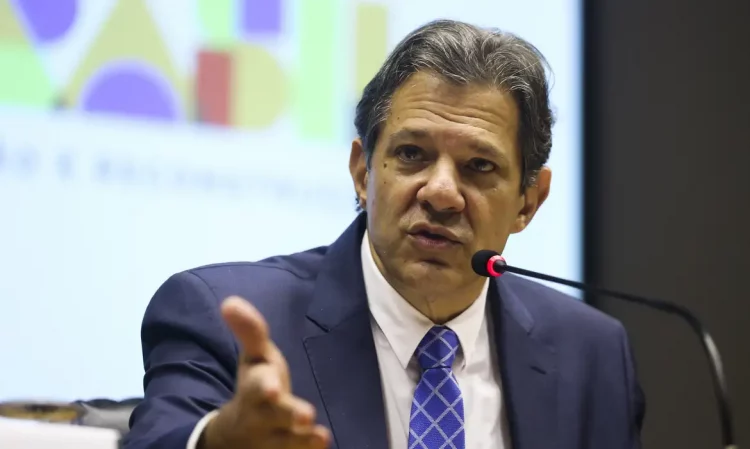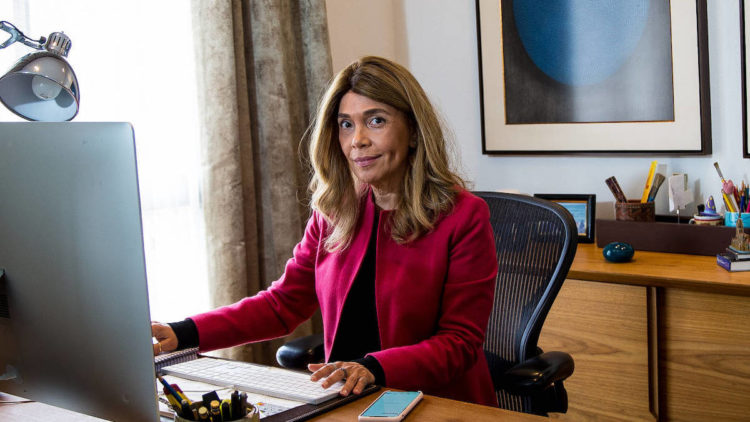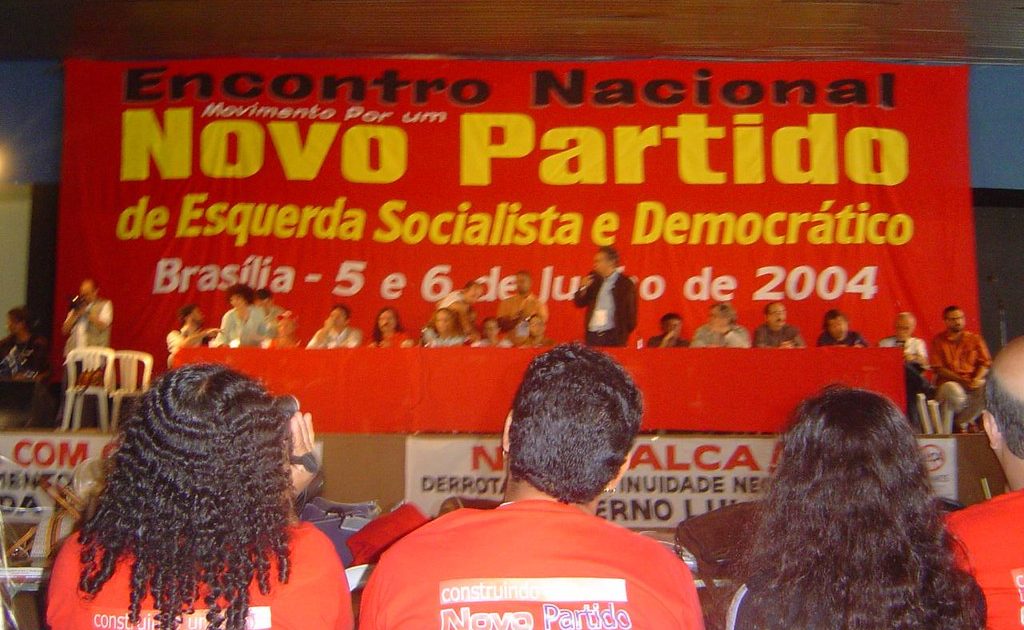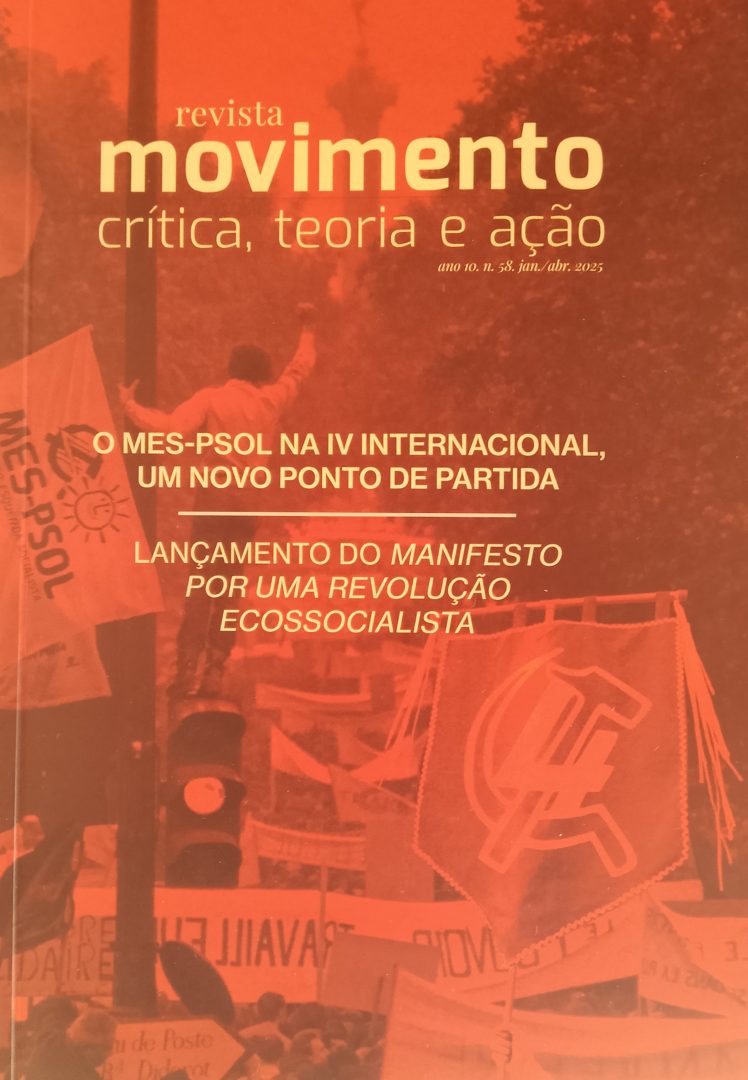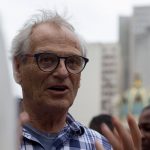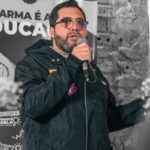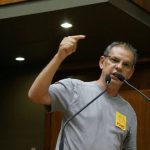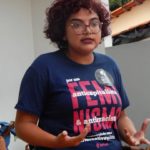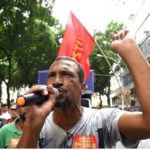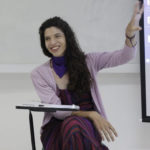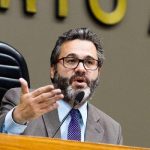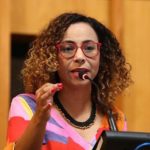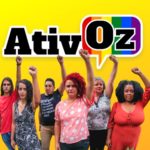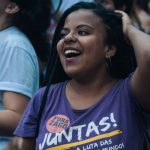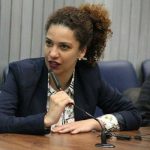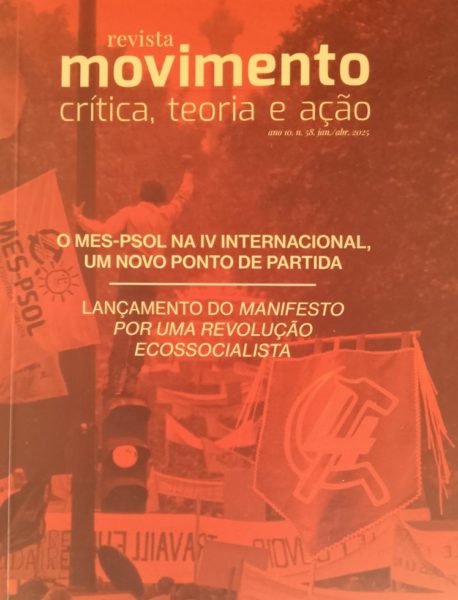What’s behind the altruistic mask? UNESCO in the neoliberal alleyway
UNESCO is undergoing a structural crisis of identity, effectiveness and legitimacy
Reading Bifo (2015), we can associate the arrival of neoliberalism with the disappearance of heroes, individual and collective. The Italian autonomist dares to dating in 1977 the moment in which “the world moved from the era of human civilization towards a de-evolutionary or de-civilization era” (Berardi, 2015: 11), a process that would be clearly shown in UNESCO from 1991 onwards.
The magisterium on a global scale built a collective hero imaginary in UNESCO. Even an important part of critical thinking, and some other misguided leftists, place as a reference parameter, as the last word on the educational issue, what the organization located at 7, Place de Fontenoy in Paris says or proposes. This hero has become a paladin of neoliberal capitalism, a big monster that stomps (Gieco, 1978) on the right to education, especially for the sons and daughters of the working class.
Perhaps for this reason, from different territories and varied places of enunciation, pages of critical history of UNESCO are beginning to be written. This short text only intends to invite us to look at what the multilateral organization does from the perspective of those of us who make our living from work, taking care not to be dazzled by the glitter of a common sense that lacks a political perspective. This invitation to a brief critical history of UNESCO is necessary to understand how this organization is part of the design in education of the future of the capitalist system in the digital age.
The post-World War II capitalist order
The world order that emerged from World War II generated an educational chapter to impose the standardization of public policies: UNESCO. Despite the fact that this organization is an integral part of the multilateralism of the United Nations, there is a widespread perception among the population and part of the teaching profession regarding its supposed autonomy, neutrality and capacity for consensus, but nothing could be more wrong.
The truth is that UNESCO is an agency dependent on the United Nations system whose strategic decisions (plans, programs, authorities, policies, budget) are taken today by the General Conference, composed of the official representatives of the governments of the 193 Member States of the organization, the vast majority of which have a neoliberal capitalist perspective. The General Conference that elects the Executive Council (EC), at the last Conference (2022) appointed the 58 members of this body.
The widespread misperception of UNESCO is attributable to two objective and one subjective factor. On the one hand, UNESCO, since its creation and in the period of the so-called cold war (1917-1991), fulfilled for the capitalist world-system, the role of a meeting place between the cultures of the two antagonistic poles (Soviet-capitalist), which implied building a narrative and functional performance broad enough to ensure dialogue, especially in one of the central aspects of the reproduction of capitalist ideology: school systems and universities. The Soviet experience was not able to break with the institutional matrix of the schooling machine that drove capitalism in the first two industrial revolutions. This work of bridging two worlds, in the midst of a terrible ideological war, facilitated the construction of the imaginary of a progressive and even left-wing UNESCO, while it was trying to bring the communist pole into line with the systemic logic of the market. China today is the best expression of the long-term results of this operation, a school system based on the logic of the market, neuroscience and the instrumental use of technology, which has banished critical thinking and is presented as a model for linking school education with employability and the development of the capitalist mode of production.
On the other hand, the world system constructed UNESCO as the identity of reference point and orientation for education. To this end, it elaborated confusing narratives, presented as the result of consensus between the political right and left, which defended public investment in education while promoting a niche for private management that was modeling various forms of privatization, commodification and standardization according to market guidelines.
Each one, according to his or her political perspective on education, interpreted and emphasized what seemed closest to his or her own way of thinking; this swimming between two waters of UNESCO was sold as plurality, when in reality it was the spearhead of sophisticated ways of understanding education as a commodity. This was helped by the fact that for much of UNESCO’s history (1945-1993) the members of the governing body of UNESCO’s Executive Board (EB) were presented as members in a personal capacity, which openly ceased to be the case after 1993, when they became official representatives of the Member States.
In subjective terms, as Said (1978) explains, the growing hegemony of the idea of scientific knowledge as depoliticized knowledge was turning the educational debate under UNESCO’s tutelage into a purely technical-pedagogical matter, and any attempt to situate its arguments on the plane of the capital-labor contradiction was attacked as an ideological deviation. Consequently, if UNESCO was progressive, even left-wing, with an enormous capacity for technical-pedagogical formulation and placed itself in the Olympus of apoliticism, this supposed neutrality was presented as objectivity and reference with respect to what had to be done beyond political and ideological issues. Apoliticism is in reality an ideological form of capitalism that hides behind neutral technical arguments to give viability to structural changes that would have multiple resistances if their real ideological roots were revealed.
In the last decades this educational objectivity or educational common sense is presented as a consensus among those who think, the Development Banks (World Bank, OECD, IDB, CAF), the supranational instances of the market (International Monetary Fund, World Trade Organization), dialogue organizations (World Economic Forum type) and the educational instances of multilateralism (UNESCO, UNICEF, among others), when in reality all these instances interpret different instruments of the melody that emanates from the great global financiers that even model the narratives of the imperialist nations.
The best evidence of what we affirm is the process of modification, through time, of the structure, the selection mechanisms and the functioning of the Executive Board of Unesco. As the document “The Executive Board of UNESCO” shows, since the fifties of the twentieth century, reforms were generated in its Statutes until arriving in 1991, in the midst of the dismantling of the USSR, to define that from 1993 (27th session of the General Conference) the Executive Board would be “composed of Member States and not of members elected in a personal capacity” (UNESCO, 2022: 11).
The five reforms of the EC show the tensions between the need to show UNESCO to the public as a non-governmental organization and its actual functioning as an organ dependent on the UN, and therefore framed within the logic of multilateralism of the capitalist world system.
From the creation of UNESCO until the first reform, the members of the EC had the status of elected members in their personal capacity with the endorsement of being elected by the governmental representatives in the General Assembly. This allowed the organization to have an air of independence, which was fundamental for the task assigned to it as a meeting place, which at the same time legitimized leaderships that later played a role in national educational governance and made possible the growing process of global educational standardization.
The growing complaint of governments was that they did not have an iron grip on the organization, because although the electors of the EC had to count on its endorsement, they had too many “degrees of freedom”, something that went against the logics of the political power of the member states.
Successive reforms ensured that the political capital accumulated over decades was put at the service of the objectives of neoliberalism. The following is a summary of the main reforms to the rules of formation and powers of UNESCO’s Executive Board:
The 1954 reform endowed the members of the Executive Board with the dual quality of officer in a personal capacity and, “representative of the State of which he was a national”, without changing the quality of composition of the Board, “whose members were not States but persons expressly designated” (UNESCO, 2022, p.10). Although it was presented as a form of depoliticized functioning, this had a concrete political-ideological reason: to filter out the representatives of the East-Communist to prevent figures with a leftist intellectual tradition from becoming the leaders of the multilateral organization.
The 1968 reform ensured the proportionality of the territories and regions that made up the Executive Council, establishing rotation mechanisms to guarantee that members from all countries would at some point become members of the Executive Council. Aware of the unequal and combined development of the capitalist system (Mandel, 1975), the multilateral institutions of the world system sought to create the conditions for defining differentiated policies within a general framework for territories with dissimilar developments. Consequently, the idea was that no school system, regardless of the development of the productive forces in each country, should be out of line with the logic of capital in education.
The 1972 reform concentrated on establishing the period of permanence of the members of the Council at four years, with the declared purpose of giving the greatest opportunity to the different countries. It was evident that the passage of nationals through the Executive Board guaranteed the availability of local interlocutors for the implementation of educational standardization and normalization policies, which is why it was necessary to guarantee that all countries would pass through this UNESCO governing body.
The 1976 reform was aimed at establishing mechanisms and procedures to replace the representatives of the Executive Board in the event of temporary or permanent absences. This initiative shielded the multilateral organization from internal political crises resulting from the need to replace a member (due to death, resignation or other circumstances), which generated tensions and pressures from the ideological camps in dispute at the time.
The 1991 reform: it modified “Article V of UNESCO’s Constitution, relating to the status of the members of the Executive Board, which, as of the 27th session of the General Conference (1993), is composed of Member States and not of members elected in a personal capacity” (2022:11). Evidently, the process of dismantling of the USSR, the slow and progressive turn of China towards the logic of capital that had been taking place since the Nixon-Mao meeting (1972), the regressive course of revolutions such as the Vietnamese or the Sandinista, the emergence of the unusual acceleration of technological innovation, the crisis of stagnation of the world economy, the crisis of the stagnation of the world economy, the crisis of the economic and political stagnation of the United States, the crisis of the globalization of the world economy and the crisis of the globalization of the world economy, the crisis of stagnation of school systems due to the lack of understanding of the requirements of capital on education since the third industrial revolution, the arrival of the Internet and the horizon of artificial intelligence and its impact on education demanded an absolute realignment of the operations of educational change on a global scale. The paradigm of the end of history (Fukuyama, 1992) made obsolete any need for consensus and encounter between once antagonistic ideologies (capitalism/communism).
The educational disorder of the new world order
Since its foundation and until the arrival of the third industrial revolution, UNESCO had a clear role as an instance for educational massification, promoting the structuring and consolidation of school systems with the purpose of guaranteeing the biopolitical reproduction of the capitalist system through education for democracy, citizenship for the political system of representations, education for consumerism and disciplinary approaches to learning. At the same time it served as a platform for the détente of the US-USSR geopolitical conflict, ensuring that the Soviet world kept intact the structure and functioning of the educational machine that was committed to a structural change based on alternative contents and an elevation of the status of work in schools and universities, without daring to go beyond the school structure of Comenius (1657).
But the capitalism of the third industrial revolution now required a redefinition of the school machine (Bonilla-Molina, 2023), which would allow it to evolve from disciplinary approaches to transdisciplinarity, which would overcome the rhythm of cultural reproduction and open itself to the incorporation of the new by accompanying the acceleration of technological innovation, which could foresee the immediate future and reorganize the knowledge that tomorrow demanded.
This implied a 180-degree turnaround for the multilateral organization, whose transition generated a set of paradigm-shifting initiatives, the Faure Report (1973) being the most recognized. The Report “Learning to Be: Education for the Future” (1973) operated as a catalyst for change initiatives. First, it postulated that there was a negative perception of the world’s citizenry regarding education and the role of school systems, thus paving the way for the wave of educational reforms that began at the end of that decade and continue to the present. Second, it stresses that what is taught in schools and universities is outdated and school institutions have difficulty in incorporating the new in the teaching-learning processes. Third, it emphasizes the precariousness of school systems in training the human talent required by the world of work in a mode of production that tends toward automation, information technology, robotics and demands unusual levels of creativity.
The Delors Report (1996), “Towards a global common good?” (Unesco, 2015) and “Futures of Education” (Unesco, 2021) what they do is to renew the discourse on the need for a structural change of school systems. In parallel, between 1970 and 2015, UNESCO creates a body of intellectuals who have the task of propagating the need for capitalism of the third industrial revolution as a “good news”, under narrative figures such as “complexity”, “reimagining our future together” and, more recently, “let those who know about it speak about education” (Unesco, 2021) that aims to limit to a small and finite number the voices to consult on the destiny of education.
In the third industrial revolution (1961-2015) UNESCO proved ineffective in fulfilling the tasks outlined by the Faure Commission itself, which they promoted, because although transdisciplinarity was spoken of throughout the world, transdisciplinary schools and universities were not born, processes were promoted to institutionalize complex thinking that resulted in a colossal disaster, and the disciplinary convergence (Bonilla-Molina, 2023) that was beginning to be drawn on the horizon of the requirements of capital had no scholarly form to materialize. All this showed a serious conceptual, epistemological and paradigmatic stagnation of the multilateral organization.
However, the whole redirection of the supranational educational policy, with national fabric, served to impose the evaluative culture (Bonilla-Molina, 2020) on teachers, institutions, learning, as well as the policy of competencies by educational markets (rankings, bibliometrics), showing political effectiveness in the commercialization, deterritorialization and school stratification (Bonilla-Molina, 2023).
The role of UNESCO in the current neoliberal restructuring
In 1993, taking advantage of the confusion caused by the fall of the Berlin Wall and the popularity of the discourse on the end of history, the alignment and synchronization of UNESCO with the educational neoliberalism bandwagon began to take shape. We can say that Federico Mayor Zaragoza was the last Director General of UNESCO (1987-1999) who had the profile of being an academic of consensus, humanist, pluralist and with an interesting view on the right to education. However, it fell to him to begin to lead an EC, made up mainly of official government representatives.
In 1994, practically without any resistance from critical thinking in education, UNESCO created LLECE (Latin American Laboratory for Assessment of the Quality of Education), which implied an assimilation of the paradigms of total quality management, regional standardization of measurement parameters and unification of monitoring indicators in the field of learning. The aim was to accelerate the unification of new goals, targets, processes and results promoted in the form of national educational policies by the member states. This complemented global standardization initiatives, such as the agreements of Jomtein (1990), Dakar (2000), the World Education Forum in South Korea (2015) and the Millennium Development Goals (2000), which paved the way for the SDG4 paradigm of Quality Education (2015-2020) and the digital transformation of education policies (2015-2030).
The growing perception is that UNESCO has not been able to build a practical narrative that illuminates the horizon of educational change demanded by the capitalism of the fourth industrial revolution (Schwab, 2016), in a context of unusual acceleration of innovation with impact on the world of work and employability, overcoming transdisciplinarity by disciplinary convergence, as well as the impact of Artificial Intelligence (AI), biometric facial recognition, metadata analysis, internet of things and data blocks in education.
The simplistic translation made by many decision-makers about the measures to be taken is limited to creating new subjects, inverted technology classrooms and other technological prostheses (Sadin, 2020) for school systems, when what the capitalist technological-economic center seems to demand is a total restructuring of the school, including the notions worked so far of curriculum, didactics, evaluation, planning and school management. UNESCO, being directed by government representatives, has the logic and political times of government bureaucracies and is beginning to show signs of inability to solve the challenges of current capitalism. Perhaps for this reason, other organizations (WB, IDB, CAF, OECD, WEF, educational G-20) are beginning to dispute its leadership in the conduction of the global educational agenda. This has been seen in the configuration of global educational policies through “digital philanthrocapitalism” (Saura, 2020).
All this occurs in the midst of a cognitive paralysis in an important part of critical thinking in education, as evidenced in the preparations and realization of the World Conference on Higher Education (WCHE 2022) and the so-called Plan of Action in Higher Education that without any consensus UNESCO intends to impose as a route for change in the university education sector. What happened in Barcelona (WCHE 2022) is really shameful and shows the subordination of the multilateral organization to the Inter-American Development Bank (IDB), (WB), WEF (WEF), the World Trade Organization and the “digital infocracy” (Han, 2022) on issues such as micro accreditation, professional training in the hands of the business sector, short-term university training (two years), periodic revalidation of professional qualifications, dismantling of training in social and human sciences with the new paradigm of lifelong learning for employability as its axis.
UNESCO is an organization subordinated today to the neoliberal logic but, paradoxically, with serious limitations to interpret the horizon of changes demanded by capitalism under the format of digital transformation. It is groping its way in this matter and this could mean a strategic defeat for it seems to be unable to take the ship of education to the port of digital capitalism, much less to the port of pedagogical emancipation.
Conclusion
UNESCO is experiencing a structural crisis of identity, effectiveness and legitimacy. This crisis is due to the legitimization of the neoliberal model and the advances of capitalism in the digital era in education without this having meant that it can really operate as a vanguard institution for neoliberalism, in a framework of profound impact of the acceleration of innovation in the capitalist mode of production, which demands another type of education and school functioning, while every day it is increasingly turning its back on an education at the service of the people. The only working slogan it maintains that gives it some grounding is that of inclusion, but increasingly this idea appears to be mediated by the protagonism of the private sector.
Despite this, UNESCO is still a field of dispute that cannot be abandoned. But working for another possible UNESCO means breaking the glass of pedagogical and political innocence.
Luis Bonilla-Molina is a professor at the University of Panama and a Venezuelan activist in defense of public education in various countries of Latin America and the Caribbean.
References
Berardi, Franco B (2015) Héroes: asesinato masivo y suicidio. Madrid: Akal.
Bonilla-Molina, Luis (2020) La cultura evaluativa y la virtualización educativa: dos tenazas del capitalismo cognitivo de la tercera revolución industrial. https://luisbonillamolina.com/2020/03/26/la-cultura-evaluativa-y-la-virtualizacion-educativa-dos-tenazas-del-capitalismo-cognitivo-de-la-tercera-revolucion-industrial/
(2023) “El puente roto y los problemas para atravesar aguas turbulentas: las pedagogías críticas en la Era Digital”, Profesorado, Revista De Currículum Y Formación Del Profesorado, 27(1), 129–150. https://doi.org/10.30827/profesorado.v27i1.27018
Brophy, Susam D (2018) El valor explicativo de la teoría del desarrollo desigual y combinado. https://vientosur.info/el-valor-explicativo-de-la-teoria-del-desarrollo-desigual-y-combinado/
Byung-Chul, Han (2022) Infocracia. Barcelona: Taurus.
Comenio, J. A. (1638). Didáctica Magna. [Octava Edición (1998)]. Buenos Aires: Porrúa.
Delors, Jacques (1994) “Los cuatro pilares de la educación”, https://uom.uib.cat/digitalAssets/221/221918_9.pdf
(1996) La educación encierra un tesoro. Informe a la UNESCO de la Comisión Internacional sobre la Educación para el siglo XXI. Ediciones UNESCO.
Faure, Edgar et al. (1973) Aprender a ser: la educación del futuro. UNESCO.
Fukuyama, Francis (1992) El fin de la historia y el último hombre. Barcelona: Planeta.
Gieco, León (1978) Solo le pido a Dios. Canción
Novack, George (1974) Understanding History: Marxist Essays. Nueva York: Pathfinder.
Mandel, Ernest (1975) El capitalismo tardío. México: Era.
Powaski, Ronald E (2005) La guerra fría: Estados Unidos y la Unión Soviética 1917-1991. Barcelona: Planeta.
Sadin, Eric (2020) La inteligencia artificial o el desafío del siglo: anatomía de un antihumanismo radical. Buenos Aires: Caja Negra.
Said, Edward (2007 [1978]) Orientalismo. Barcelona: DeBolsillo.
Saura, Geo (2020) “Filantrocapitalismo digital en educación: Covid-19, UNESCO, Google, Facebook y Microsoft”, Teknokultura 17(2), 159–168. https://doi.org/10.5209/tekn.69547
Schwab, Klaus (2016) Cuarta revolución industrial. Madrid: Debate.
UNESCO (1990) Declaración Mundial sobre Educación para Todos y Marco de Acción para Satisfacer las Necesidades Básicas de Aprendizaje. UNESCO. https://unesdoc.unesco.org/ark:/48223/pf0000127583_spa
UNESCO (2000) Marco de Acción de Dakar: Educación para Todos: cumplir nuestros compromisos comunes (con los seis marcos de acción regionales). UNESCO. https://unesdoc.unesco.org/ark:/48223/pf0000121147_spa
UNESCO (2015) Replantear la educación: ¿Hacia un bien común mundial?. Unesco. https://unesdoc.unesco.org/ark:/48223/pf0000232697
UNESCO (2015)Educación 2030: Declaración de Incheon y Marco de Acción para la realización del Objetivo de DesarrolloSostenible 4. https://unesdoc.unesco.org/ark:/48223/pf0000245656_spa
UNESCO (2015) Objetivos de desarrollo sostenible. Ediciones PNUD-UNESCO. https://es.unesco.org/sdgs
UNESCO (2020) Aprendizaje digital y transformación de la educación. https://www.unesco.org/es/digital-education
UNESCO (2021) Reimaginar Juntos Nuestros Futuros: un nuevo contrato social para la educación. Unesco. https://losfuturosdelaeducacion.org/
UNESCO (2022) EL Consejo Ejecutivo de la UNESCO. https://unesdoc.unesco.org/ark:/48223/pf0000380813_spa

